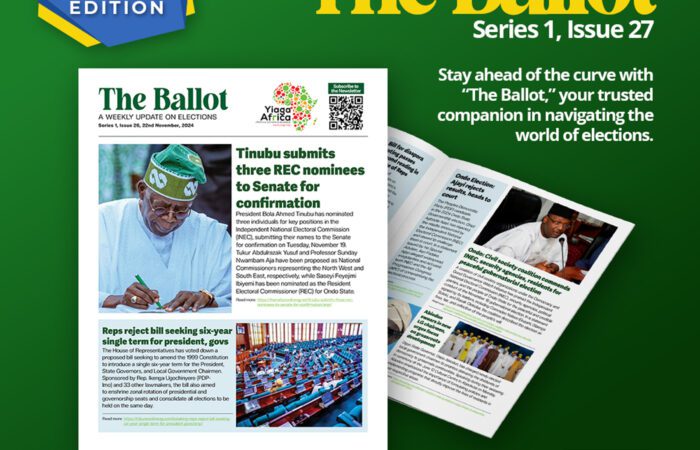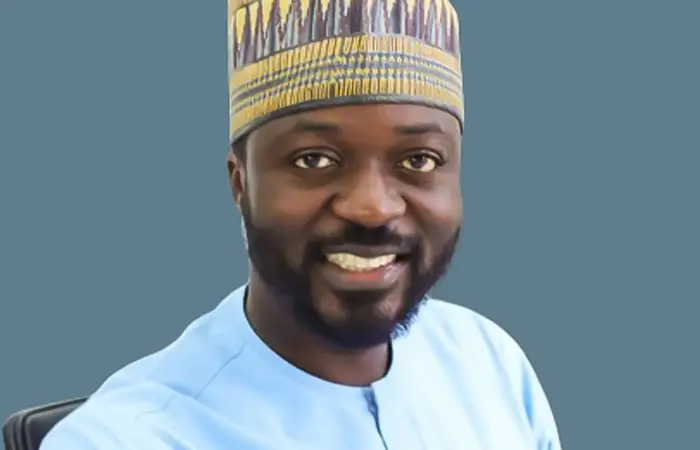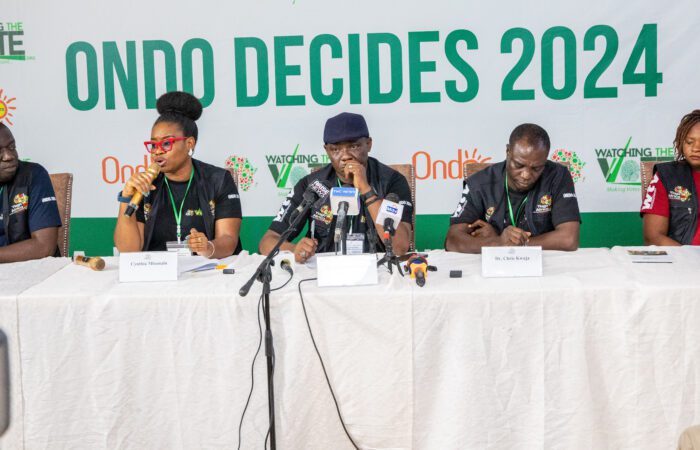- On the 18th February 2022, civil society groups called on President Buhari to assent to the Electoral Bill 2022 on or before Tuesday, 22nd February 2022 to avert any shift in the date for the 2023 elections already fixed by the Independent National Electoral Commission (INEC). The demand was informed by the provisions of Clause 28 (1) of the Electoral Bill 2022, which requires INEC to issue Notice of Election not later than 360 days before the day appointed for an election.
- In our statement issued on Friday, 18th February 2022, we noted the provision of Section 58(4) of the 1999 Constitution, which gives the President a timeline of 30 days to assent or withhold assent to a Bill. However, a combination of the newly introduced timelines for electoral activities in the bill and imperative for INEC and other stakeholders to commence early preparations for the upcoming elections necessitated the call for immediate assent of the bill.
- We noted that should the President give assent to the bill on or before February 22nd, 2022, INEC will be legally bound to issue Notice of Election, and the dates for the 2023 elections will be maintained. However, if the President acts on the bill after 22nd February 2022, the dates for the 2023 election and other subsequent electoral activities will be affected. It is apparent the President has not met the 22nd February 2022 timeline at the time of the protest. Therefore, if the President does not assent to the bill at the end of the day, INEC may be compelled to shift the date of the 2023 election assuming the President assents to the bill by 1st March 2022 which is the expiration date of the 30 days’ timeline.
- As the nation prepares for the off-cycle governorship elections in Ekiti and Osun and the 2023 general elections, a new legal framework is required to safeguard the integrity of these elections. The current Electoral Bill 2022 contains provisions that address electoral manipulation and the intractable problem of poor election logistics. Furthermore, the bill strengthens INEC’s financial independence, and the commission is empowered to reject falsified election results. The newly introduced timelines for key electoral activities such as early primaries and submission of list of candidates will facilitate early electoral preparations and promote issue-based political engagement.
- Recommendations
- We call on President Buhari to sign the Electoral bill into law on or before the expiration of the 30 days’ timeline on the 1st March 2022 to enable INEC to issue Notice of Election and release the timetable and schedule of activities for the 2023 general election.
- Further amendments to the Electoral Bill 2022 can be proposed after assent has been granted. It is within the President’s prerogative to propose amendments after signing the bill like he did in the case of the Petroleum Industry Bill and 2022 Appropriation bill, an act which attracted commendation.
- The National Assembly should ensure gazetted copies of the Electoral Act 2022 are available to citizens as soon as the bill is signed into law.
Signed.
- Nigeria Civil Society Situation Room
- Yiaga Africa
- Partners for Electoral Reform (PER)
- International Press Centre
- Institute for Media and Society
- Nigerian Women Trust Fund
- The Albino Foundation
- Centre for Citizens with Disability
- Centre for Journalism Innovation and Development
- Transition Monitoring Group
- CLEEN Foundation
- Civil Society Legislative Advocacy Centre (CISLAC)
- Women Advocates Research and Documentation Centre (WARDC)
- Nigeria Network of Non-Governmental Organizations (NNNGO)
- Inclusive Friends Association (IFA)
- Enough is Enough
- The Electoral Hub
- Centre for Liberty
- Take Back Nigeria Movement
- International Peace and Civic Responsibility Centre (IPCRC)
- 100 Women Lobby Group
- Women in Politics Forum
- Raising New Voices
- Millennials Active Citizenship Advocacy Africa
- ReadyToLeadAfrica






